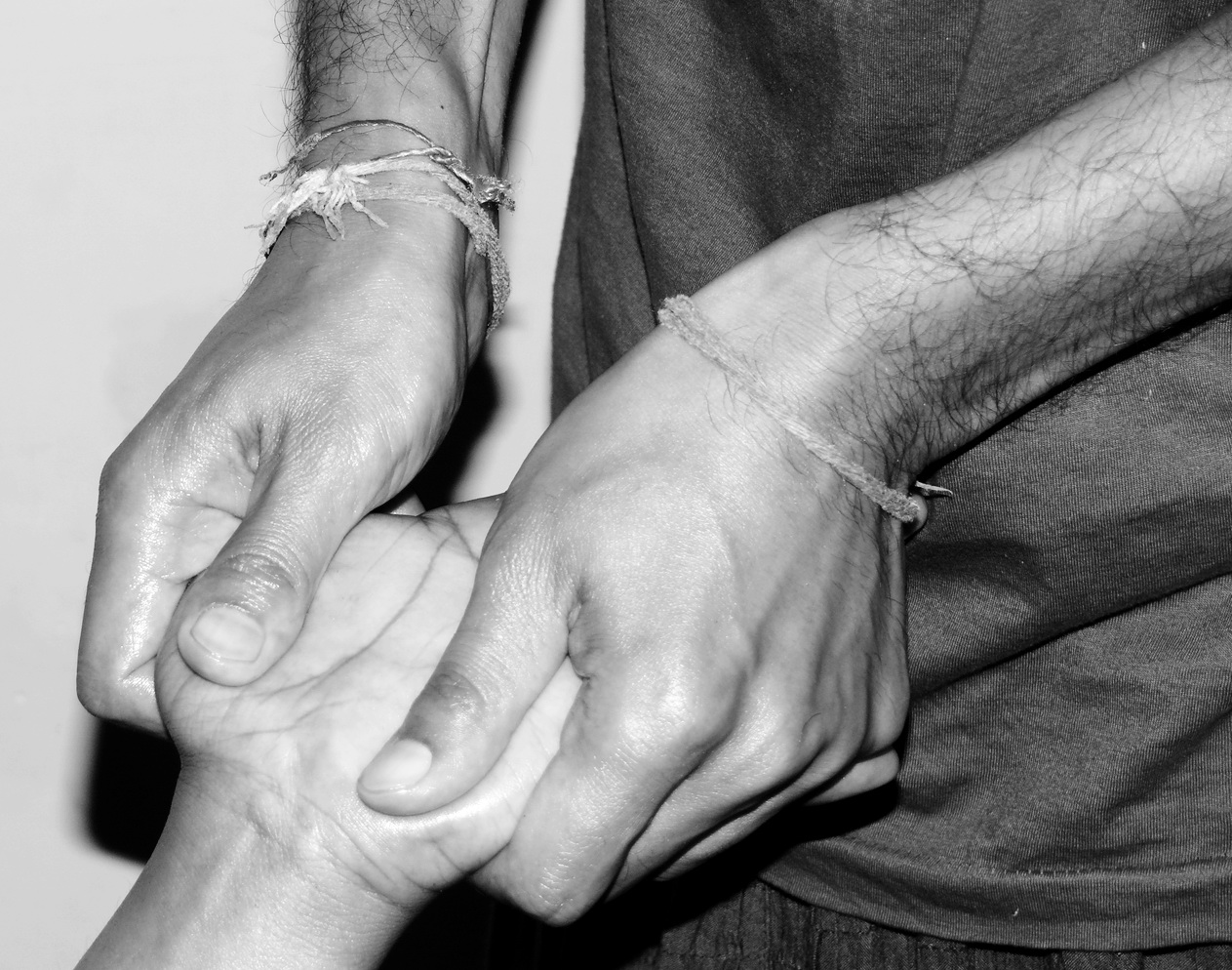
How many of us are guilty of giving until we run dry, and finding it very hard to receive?
Receiving should be so easy. Yet, when it comes down to it, it’s simply very hard to take more than the most superficial of things when we can’t fully imagine a world in which we are worthy of being nurtured and loved.
Love yourself, and you can love the world. This is a deep truth. We can’t know anything unless we know ourselves, and we can’t truly love anyone or anything until self-love is a cultivated aspect of ourselves.
We can indulge in anything as a form of pampering. I never thought much about massage, to be honest, as someone not prone to an indulgent lifestyle.
Then, I spent a few years living in Southeast Asia, where massages are eminently affordable. It still took me awhile to get into the habit of getting them often, and when I did, my primary motivation was to kick back and relax.
Thai massage, as anyone who’s had one knows, is not necessarily (ever) a fully relaxing undertaking. I have a fairly high threshold for pain, but more than a few times I felt like I was in a torture chamber, being contorted in ways that could not possibly be natural for one poor human to take, or just being jabbed to the point of cringing and tears.
Those times, I assumed without doubt that the massage therapist had made a mistake or wasn’t very good at his or her job, sucked it up, and left disappointed (sometimes they are not entirely into their jobs, and we need to be aware of this, but we can find this situation in any field).
It wasn’t until I started spending time with people studying massage therapy, and studying Reiki and various other healing modalities myself that I realized what seems so obvious: that massages are healing for mind/body/spirit, and that knowing how to be an active participant in the receiving of a massage can greatly contribute to our general well-being and health on all levels.
It’s possible to go and receive a massage, and tune out or chat with the practitioner, or keep the mind busy about everything you have to get done that day. A good massage will still have its effects on you.
But a great massage will be one where you are involved in your own healing, the same way our general happiness lies within our control and no-one else’s, despite the fact that external circumstances can play a role.
For a few years now, I’ve had the pleasure (and pain) and huge privilege of receiving massages from some really gifted practitioners, mostly in the Thai and Zen shiatsu traditions, and while receiving certain kinds of massages can feel like a lot of work, it is work of an extremely rewarding kind.
I would like to suggest four ways to get the most out of your massage, whichever kind of massage you are receiving, though I need to stress that it’s key to find a practitioner you can trust, enjoy and learn from. This includes a good friend, lover or partner, of course!
1. Work with your breath.
A good practitioner will likely tell you to breathe, because this seemingly apparent, involuntary activity can be remarkably difficult to remember to do, or do well. You might find yourself holding your breath at times of discomfort or outright pain.
Try to be aware of this, and to slowly exhale. Notice how the pain becomes more bearable once you are observing it directly, and helping it dissolve into a state of gentility with your breath. Try to breathe in and very slowly breathe out a few times. Your intuitive practitioner will know that you are going through this experience, and allow you to hold this space.
If you are having a pain-free sort of massage geared toward relaxation, it’s still a great idea to check in with your breath and be in tune with when you are breathing more deeply, or quickly – your body is telling you something about where you hold tension when this happens.
2. Let your pain guide you.
Your pain is the best friend and teacher you can have. It’s great to feel relaxed and blissed out, and there’s absolutely no reason not to enjoy these moments. But when the pain pops up, it’s not a good idea to dismiss it (as I have) by knocking the practitioner or by saying that it’s normal, everyone has pain in this area/when being jabbed by an elbow under the armpits, and so on.
Yes, many of us do hold tension in similar areas—many of us have similar lifestyles of sitting on couches or hunched in front of computers, for example—but it’s still tension, and it still needs to be addressed. There are often very physically-based causes for pain and tension, but digging deeper can also often reveal some underlying emotional tensions and conflicts that need to be resolved.
Massages are a great way to become acquainted with the roadmap of your body: does a certain area or form of touch induce tears? Anger? Helplessness? The more massages you receive, and the more you complement these with other forms of self-observation, the more your hidden habit patterns, etched on your body as they are, will make themselves apparent to you.
3. Make the journey a silent one.
I’m not saying there are not some great benefits to certain forms of communication between practitioner and client, and every practitioner has a particular working style, some of which might include talking. Personally, I prefer to remain silent, and let the massage unfold, taking me on a journey—sometimes a very trance-like, deep one—so that I can fully explore my mind, body and heart.
Talking with the practitioner afterward, if time allows, is also highly recommended, as the insights of others can really help further us on our path of self-growth.
4. Receive and accept. Do not anticipate.
In the beginning, I used to be completely unable to relax. I would be following the practitioner’s movements with my mind, and when I sensed they might be ready to lift a head or a leg, for example, I would aid them in the process.
Don’t do this! Just surrender. They know what they’re doing, and are more than capable of handling these movements on their own (unless, of course, they ask you for your help). As I mentioned above, relax into the space of the massage and let yourself be carried away by what is happening.
Pretend you’re on a boat that someone else is happily navigating. Smell the ocean air, the wind moving across your skin, the boat gently rocking, feel lulled and nurtured by the water and the person guiding you.
Surrender. It can be extremely hard to receive and not lapse into a habit pattern of giving, which deflects from the vulnerability you might be feeling while literally in someone else’s hands. Allow yourself to observe how uncomfortable you might feel receiving this kind of love (it’s always about love!), and without being hard on yourself, try to breathe, and allow this process to unfold.
Meditation is not meditation if we’re just sitting, wishing we were anywhere else. The same goes for any kind of work, and massage is no exception. So give yourself to it. Make the most of the time, and reap the rewards!
Be present. Accept what is happening in the moment, and accept how good it feels to be cared for in this way. Doing this will elevate your massage from an hour away from the office or your general life, into a true journey of healing that will continue to have its effects long after the massage is over.
Love elephant and want to go steady?
Sign up for our (curated) daily and weekly newsletters!
Editor: Travis May
Image: Author’s Own


Read 0 comments and reply